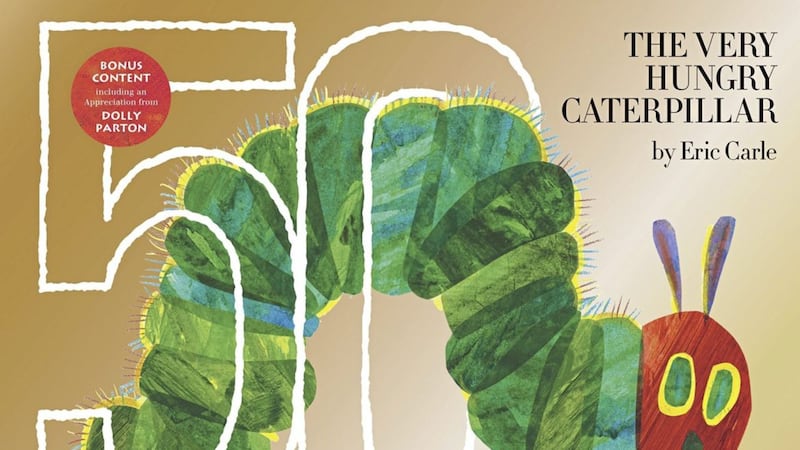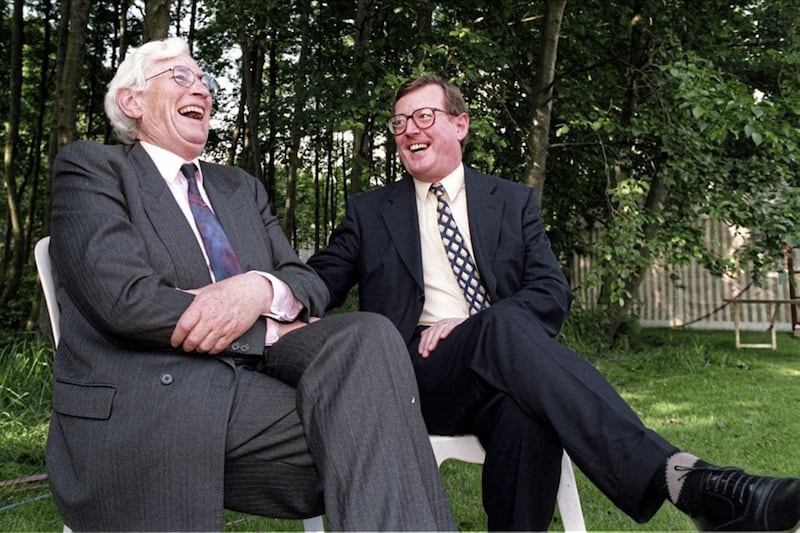IT seems like only yesterday that my son was sat on my knee and having The Very Hungry Caterpillar read to him.
He was captivated more by Eric Carle's iconic illustrations, ubiquitous thanks to numerous lucrative gift shop cash-ins, than the text, which I've never thought that special. Maybe I didn't read it with sufficient gusto.
Carle's best book, in my view anyway, is Papa, Please Get the Moon for Me. It deserves to be far better known.
Here, Carle's text - a tale of the impossible depths of parental love and childish imagination - is a match for his trademark beautiful artwork.
Maybe a lack of insect life has kept Papa, Please Get the Moon for Me cocooned in the tubby shadow of The Very Hungry Caterpillar.
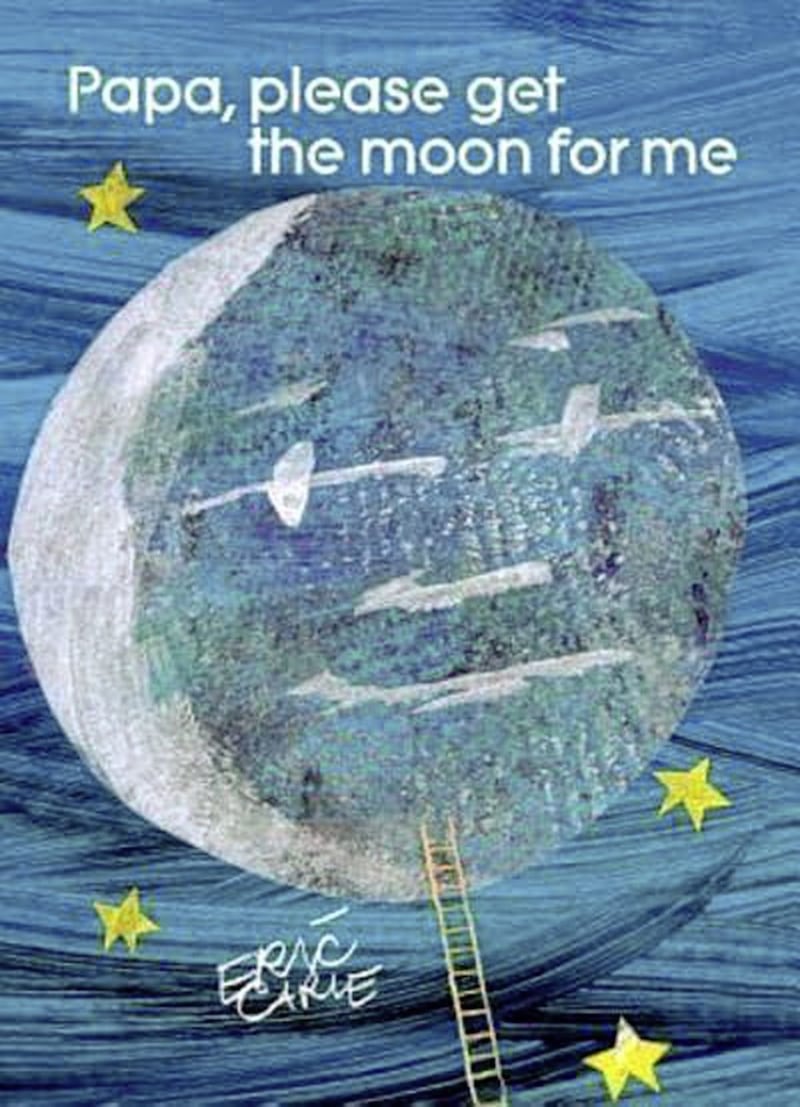
Bugs and small creatures feature elsewhere in children's literature.
Roald Dahl's James, for example, flies his giant peach with the help of a crew that includes a boisterous centipede, a grumpy earthworm, a kindly spider and a ladybird.
From rattling through Dahl (and his contemporary imitator David Walliams), my son has now reached a point on his reading journey that couldn't be further from the primary coloured innocence and optimism of The Very Hungry Caterpillar.
Lord of the Flies, which he liberated from the school library before "lockdown take two", as the 11-year-olds call it, is firmly in the 'not a barrel of laughs' category.
It's still bug-related, I suppose, though lacks the caterpillar's obvious birthday card and children's party merchandising appeal.
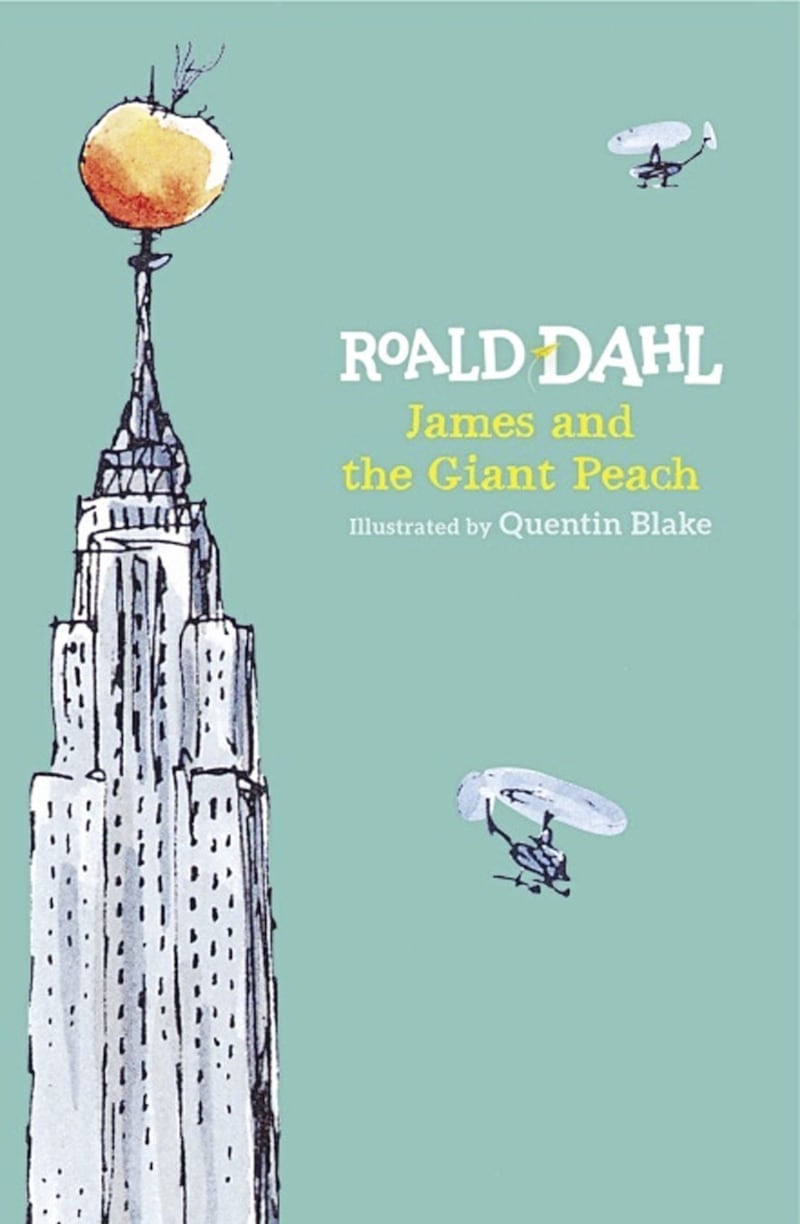
As a parent who has always read with and discussed books with my son, there is something surreal about him going from Carle to Dahl to Golding in what feels like a blink of the eye, or the turn of a page.
Adding to the discombobulation is the fact that he's reading the same book that I first encountered at the same school at the same age around 30 years ago.
He's even got the same questions that I had. "What's a conch?" he asked, jolting me back to the same page decades earlier when I also wondered what on earth a conch was and why blowing through one could achieve such startling results.
Lord of the Flies is still bug-related, I suppose, though lacks The Very Hungry Caterpillar's obvious birthday card and children's party merchandising appeal
The title of the book relates to a particularly vivid episode in which a pig's head, set on top of a wooden stake, is surrounded by a cloud of flies.
But it also speaks of the 'beast within' - this is a book that supposes savagery lies just beneath the surface in all of us - and references the Philistine god Beelzebub, a figure known as the 'lord of the flies' and who, in the Bible, is synonymous with the devil; we've come a long way from James and the Giant Peach.
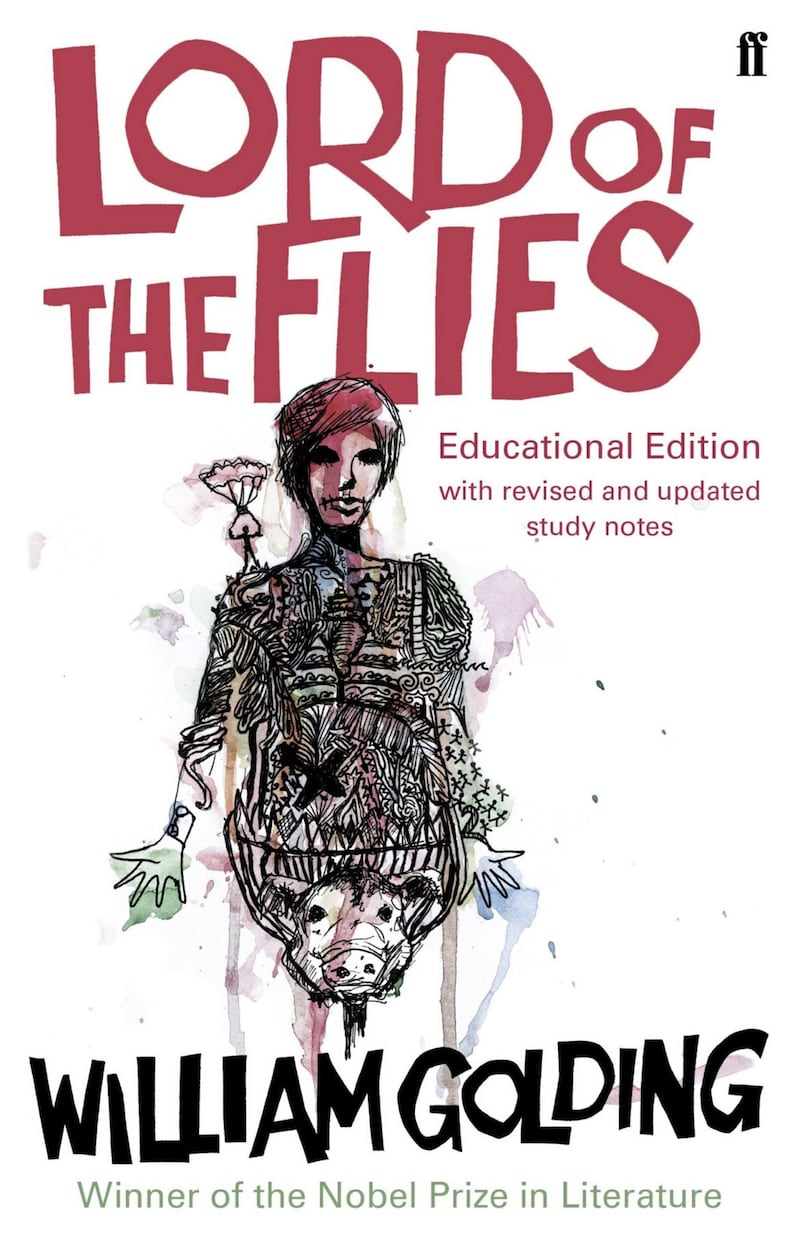
I've no particular desire to re-read Lord of the Flies, though it undoubtedly deals with important themes that a young, inquiring mind should consider. No wonder it's been a fixture on the post-primary syllabus since before even I was at school.
But I was struck by the reminder of the book's biblical imagery. As the genial historian Tom Holland - not a confessing Christian by any means - routinely points out, nothing has shaped our ideas of civilisation and morality more than Christianity and the Bible.
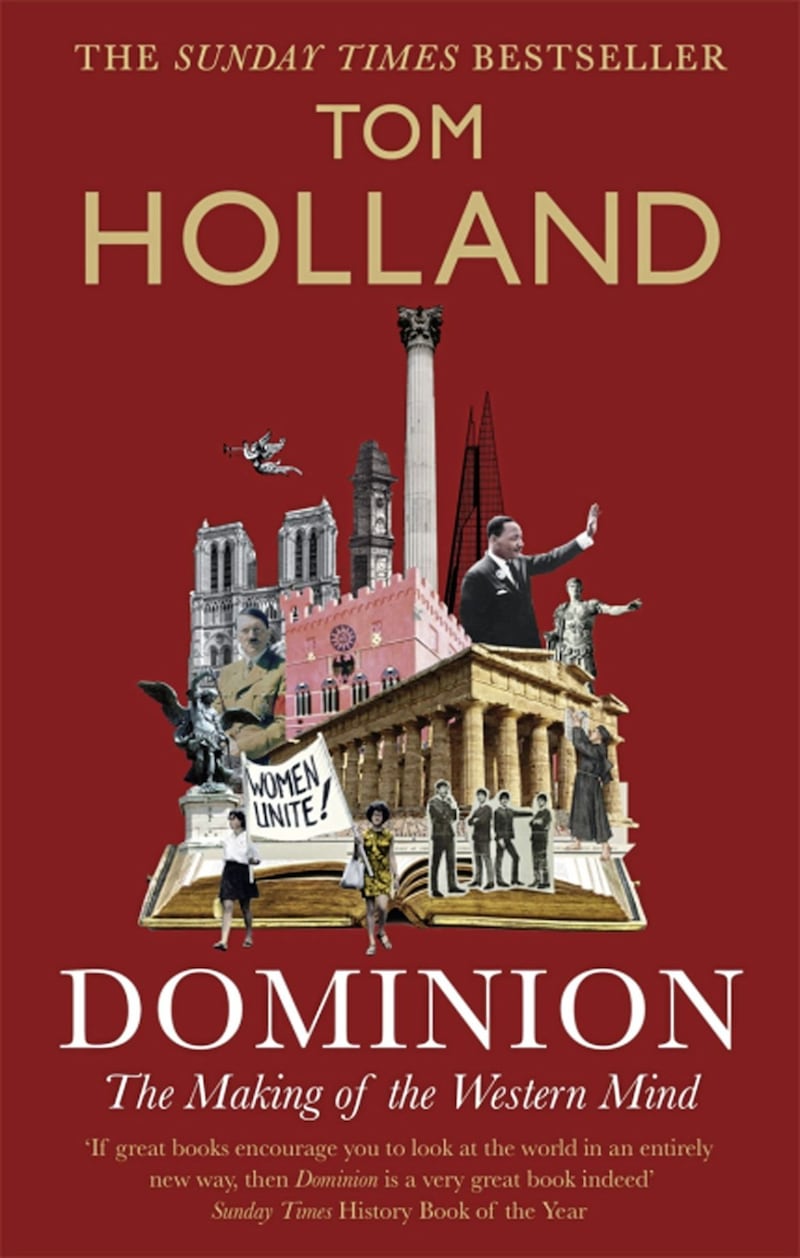
Asked last week to "name a book that's had a more profound effect on your life than the Bible", Holland responded: "If you live in the West, no book has had a greater effect on your life than the Bible.
"You don't have to have read it, or even know the first thing about it, for that to be true."
Holland's magisterial Dominion: The Making of the Western Mind is essential reading on this subject; the illustrations might not be as memorable as those in The Very Hungry Caterpillar, but it should still be on your book list whether or not we end up in 'lockdown take two'.

